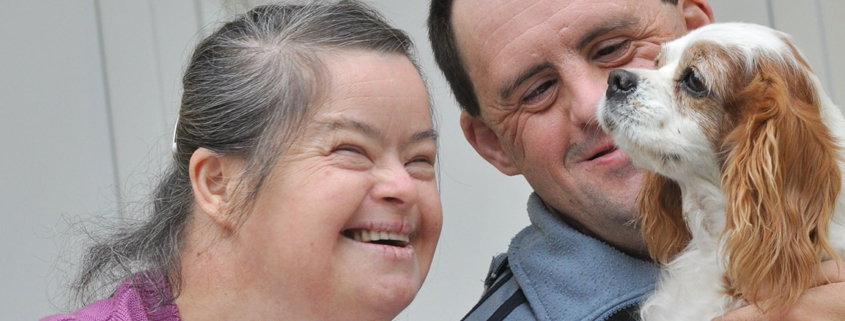QUALITY OF LIFE
People with intellectual and/or developmental disabilities must be able to lead the life they choose so that they can have a quality of life that is meaningful to them.
1Intellectual Disability (ID) is a lifelong condition where significant limitations in both intellectual functioning and adaptive behavior emerge during the developmental period (before adulthood).
Developmental Disabilities (DD), first defined in 1975 federal legislation now known as “The DD Act”, are a group of lifelong conditions that emerge during the developmental period and result in some level of functional limitation in learning, language, communication, cognition, behavior, socialization, or mobility.
The most common DD conditions are intellectual disability, Down syndrome, autism, cerebral palsy, spina bifida, fetal alcohol syndrome, and fragile X syndrome.
The acronym “IDD” is used to describe a group that includes either people with both ID and another DD or a group that includes people with ID or another DD. The supports that people with IDD need to meet their goals vary in intensity from intermittent to pervasive.








